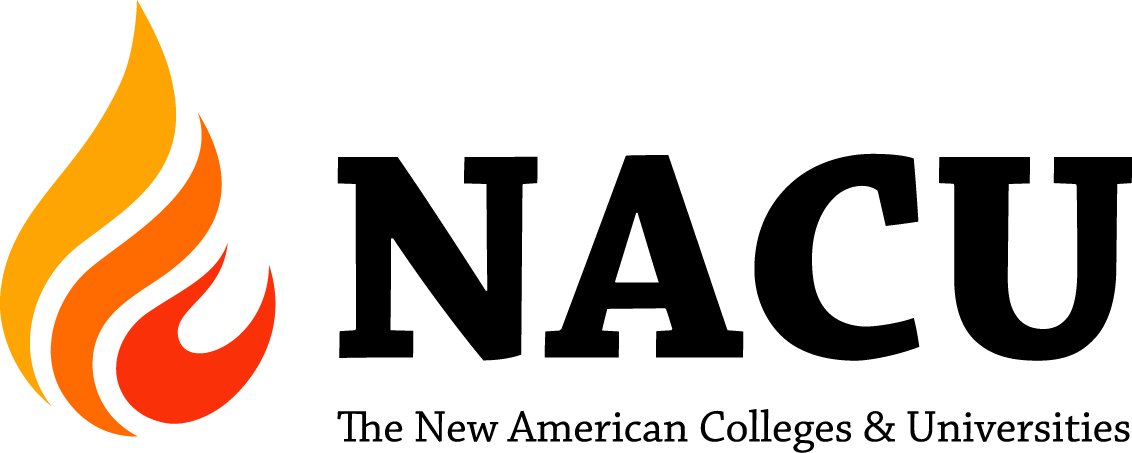Speak in Rounds
/For the past year, the issue of “free speech” on college campuses has been much discussed and debated, as controversial (and even some not really controversial) speakers have been invited, disinvited, praised, defamed, attacked, banned, and celebrated all over the country. Though emotions may be running higher and publicity around the debate may be greater, the debate over free speech on college campuses is not new. When I was in college, two incidents took place that caused the campus community to consider what free speech in an academic environment actually means.
At my college, there was a long low wall that originally was intended to keep the campus from being flooded (but we joked now was being used to protect us from students from our neighboring rival school), but had since become the site for large displays of art, political statements, whimsy, and promotion.
Most painting took place under cover of darkness, so that when you woke in the morning, you could expect that the wall had been transformed overnight. One such morning, the wall was almost entirely given over to the statement, “Asian American Studies Now.” Students had been advocating for a new major in Asian American Studies, and had logically decided to amplify their message by using the wall. Another morning soon after, campus woke up to the wall being slightly but dramatically changed. Some person(s) had simply painted over the “tu” and final “s” in “Studies,” but had therefore caused a moment where the campus had to reckon with the wall. A call for diversity had been replaced by a call to eliminate that diversity in the most violent possible way. I don’t remember anyone necessarily defending the second message, but I do remember hearing brief comments about how we shouldn’t take such a statement seriously, and that we didn’t know what the author really intended. I think these responses only make sense if you are not a member of the targeted group of such a message and do not have the imagination to consider what it would feel like to be a part of that group. Such a facile response to such language — akin to some of the defenses of free speech I read today — betrays at best a severe lack of empathy and imagination and at worst a desire to retain power over others.
My senior year in college, another incident occurred similar to the events that recently took place at Spelman College. Overnight, posters that resembled the old-timey posters in the Wild West appeared all over campus: emblazoned with “WANTED” at the top, they featured the picture of a current student, and then the words, “FOR DATE RAPE.” At the time, there was a very controversial date rape case that was being whispered about all over campus, but these posters included not just the student in that case, but others. Again, campus woke to an example of free speech that challenged our tolerance of that concept. Was it fair to accuse these men of a crime publicly? Obviously those who did it felt that the system to deal with date rape had been inadequate, and wanted to open up the closed doors that often confined this issue to the private. However, what recourse did these men have to being potentially slandered?
Much later, when I advised a student group on campus in my role as a dean, they loved to chalk messages on the campus sidewalks about issues they were passionate about. Sometimes these messages could be read as controversial or at the very least provocative. At a certain point, I went back to my training as a writing instructor and asked them to answer these questions:
- What is the purpose of the chalking?
- Who is your audience for the chalking?
- What is your thesis for the chalking?
To be honest, they didn’t have great responses, other than it was their right to say these things — they had a right to engage in free speech.
The two incidents that took place when I was in college and the attitude of these advisees — and seemingly many engaged in current debates on campus — reveal that too often free speech is an end unto itself: that I’m going to say what I want regardless of whether or not it is actually effective or helpful. The person(s) who changed the statement on the wall may have saw a new major unnecessary; the new statement did nothing to advance that argument (obviously, the new statement’s author(s) could also just have been virulently and violently racist). The students who posted the WANTED posters may have wanted to improve the system on campus that dealt with sexual assault; the posters probably did not advance that cause. My students wanted to enlighten their peers; their chalkings often had the opposite effect.
What might have better advanced all of these causes were real attempts at dialogue, argumentation, and compromise: all things that are at the heart of a good liberal education.
Given that I work a short walk from the home of the Bill of Rights, it would be odd were I to come out against free speech. At the same time, we have decided that free speech is not unbounded — not truly free: freedom of speech does not extend to the false, the obscene, the inciting, for example.
Context also matters, and the context of the college campus matters especially right now. A recent article outlined a case against the unbounded concept of free speech on college campuses, paying particular attention to what college is supposed to be about:
The university’s normative commitment is to freedom of inquiry, which is quite a different thing [from the free exchange of ideas]. The phrase “free exchange of ideas” suggests something like a Hyde Park corner or a town-hall meeting where people take turns offering their opinions on pressing social matters. The right to speak is held by all; no requirements (of rank, intelligence, professional standing, etc.) limit the number of those who have access to the microphone. (Limits of course may attach to time, manner, and place.)
The course of free inquiry in universities is not like that at all. Before one can speak, in a classroom or in the research seminar or in a journal publication, one will have been subjected to any number of vetting procedures — votes, auditions, presentations — designed largely to determine those who will not be allowed to speak. Whether it is a department, a college, a dean, a provost, a learned-journal editor, it is the business of the university to silence voices, not to license them indifferently. To put it another way, the free exchange of ideas between persons who want in on the conversation is a democratic ideal; but the university is not a democracy; it is (or is supposed to be) a meritocracy, one in which those who get to put their ideas forward are far outnumbered by those who don’t. The process is more Darwinian than democratic.
This conclusion may strike some as seemingly antithetical to the ideals of (particularly American) education — universities are there to silence people? — but when looked at closely, of course it isn’t: one doesn’t graduate from college by just showing up. There is a reason why we call it “earning a degree”: education is a meritocracy, where you are allowed to participate as long as you can do the work. The author goes on:
This leads me to a conclusion implicit in the previous paragraphs: Freedom of speech is not an academic value. Accuracy of speech is an academic value; completeness of speech is an academic value; relevance of speech is an academic value. Each of these values is directly related to the goal of academic inquiry: getting a matter of fact right. The operative commonplace is “following the evidence wherever it leads.” You can’t do that if your sources are suspect or nonexistent; you can’t do that if you only consider evidence favorable to your biases; you can’t do that if your evidence is far afield and hasn’t been persuasively connected to the instant matter of fact.
I have to say that I agree with this: free speech untethered to accuracy or relevance has no place in an academic setting. What the author goes on to acknowledge, however, is that this speech will nonetheless take place on campus, but it should squarely be placed in the extracurricular and not laid at the feet of the curricular. Treat it as an event, but not part of the core work of the institution.
This may be too fine a distinction, but I think it’s ultimately instructive and constructive. Free speech is not an academic value, but the academic values colleges and universities inculcate — inquiry, openness, critique — can help to inform how free speech is used on a college campus. However, no one should think that the campus is where free speech is a core tenet, because it isn’t.
(Title taken from this song.)



